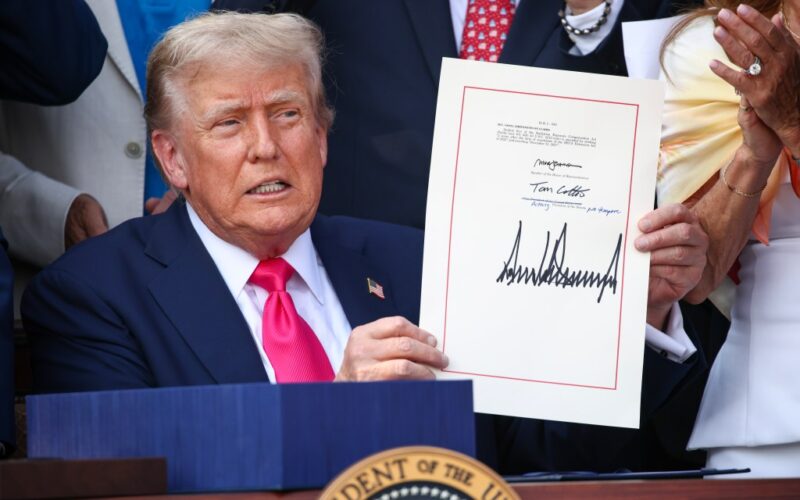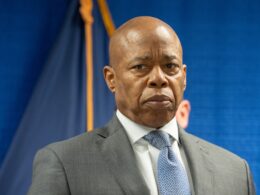Congress has passed President Trump’s One Big Beautiful Bill into law that includes more than $1 trillion in cuts to Medicaid over the next decade. These are estimated to take health care away from an estimated 20 million Americans and will result in the death of 51,000 people nationwide. The law exempts people with disabilities from losing individual coverage, but the scale of the cuts means many Americans will be affected.
As New York City’s doctor and the CEO of CP Unlimited, an organization offering care and advocacy for New Yorkers with disabilities, we are monitoring these potential consequences closely.
The legislation translates to $13 billion in lost funding for New York State, more than $7 billion in economic loss for New York City, and more than 30,000 New Yorkers are expected to lose their jobs. This will inevitably impact our ability to deliver life-saving services for New Yorkers with disabilities.
The argument that vulnerable populations will be exempt relies on looking at health care in a vacuum. It assumes that individual medical coverage is an isolated variable in our broader health care system. Even taken at face value, that argument falls flat: in a system with so much red tape, not every person with a disability would retain Medicaid coverage.
For those who do retain coverage, the impact is more complicated.
The American health care system is both fragile and flawed. Medicaid is the single largest health insurance provider in the nation, covering more than 70 million Americans and four million of our fellow New Yorkers. Reducing Medicaid funding by hundreds of billions of dollars will have ripple effects on every component of the health care ecosystem.
In New York State, there are more than a million individuals with disabilities relying on Medicaid, and hundreds of thousands in New York City. We serve them every day.
Both CP Unlimited and the New York City Department of Health and Mental Hygiene are committed to the continuation and expansion of community-based health services. Our work helps avert emergency room visits, which reduces public costs and improves individual health outcomes. We’re focused on connecting people with their community, stable housing, meaningful employment, and the resources to live a fulfilling life.
That work relies on Medicaid.
In New York State, social care providers like CP Unlimited are eligible for Medicaid reimbursement for their services. We also rely on federal funding that flows through state agencies, as does the city Health Department.
CP Unlimited — as just one example — serves more than 1,000 families a year. And like so many organizations working alongside us, we are already operating on a tight budget. The disability field relies on essential staff like nurses and direct support professionals and they must be protected.
If social care and public health begin to break down, the inevitable result is that more people will seek crisis care at our hospitals. Hospitals will face significant deficits from treating ballooning numbers of uninsured people. Providers will no longer be able to bill Medicaid for patients who still desperately need care. Even if New Yorkers with disabilities retain their coverage, they will feel the strain of an underfunded system — both in their communities and at the hospital.
Under this new law estimates predict more than a million people in New York State will lose Medicaid coverage — and an estimated 600,000 of those people live in New York City. This would also have major financial impacts on New York’s Essential Plan, which expands publicly funded healthcare coverage to people who make less than 250% of the federal poverty level (in 2025, that’s a little under $40,000 a year for an individual).
In New York State, more than 700,000 Essential Plan enrollees would become ineligible for federal support and will either lose coverage or face higher costs.
It’s impossible to know the full impact of these cuts on our health care system, but one thing is clear: Medicaid is a crucial part of maintaining the infrastructure for basic care, especially for New Yorkers with disabilities. It’s an infrastructure that is already straining under pressure, and we must ensure that no matter what, New Yorkers, especially our most vulnerable, are protected.
Morse is the acting commissioner of the New York City Health Department. Pancari is the president and CEO of CP Unlimited.








